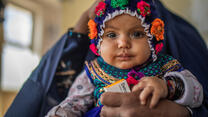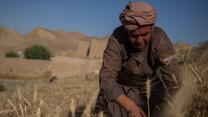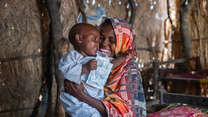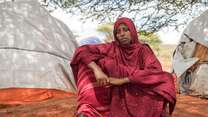In East Africa, three years of a catastrophic drought and now severe flooding have contributed to the highest rates of severe and acute malnutrition on record, with children under 5 being the most affected. With 22 million people facing food insecurity, mothers across the region are doing all they can to prevent their children from becoming malnourished.
Bisharo and Nurad are two 35-year-old mothers living in Ethiopia, where a combination of climate shocks and conflict has deepened the food insecurity. Though different circumstances caused them to become displaced, they have come to share the same daily goal: to gain access to food that will keep their children well-nourished and healthy.
With support from the European Union (EU), the International Rescue Committee (IRC) is providing mothers like Bisharo and Nurad with cash assistance so they can feed their families and meet their most pressing needs in the face of crisis.
Bisharo
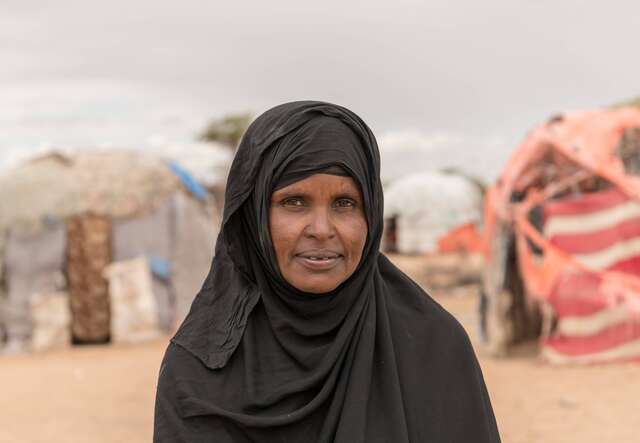
Bisharo and her family were living in the Oromia region of Ethiopia, when fighting broke out between two groups.
“There was a conflict between two clans, and we had to escape because of it,” she explains. “People lost their lives, and our property was looted. We were evacuated.”
One of the most difficult things they had to endure was the killing of their relatives. Bisharo remembers hiding with her children to escape the violence. She says, “the biggest fear, after losing lives and belongings, was the safety of the people. That was the biggest problem that affected us the most.”
Bisharo feels grateful they no longer have to live in fear for their lives at the Sigadhere camp for internally displaced people. At the same time, she wishes she was able to better support her children and provide them with the variety of foods they used to have access to.
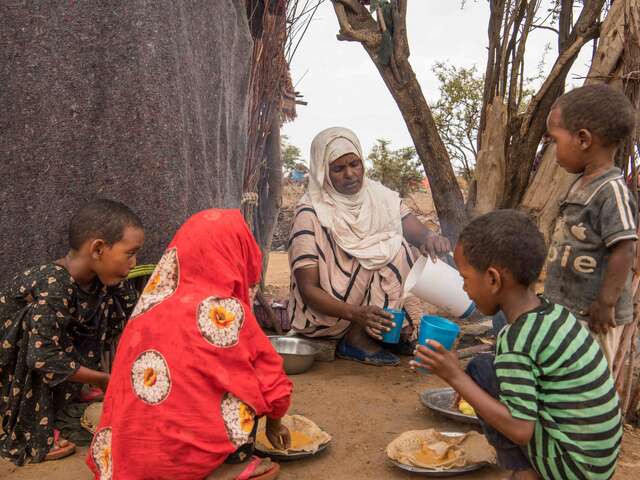
She remembers her life before the conflict, when she and her family lived independently and could meet their basic needs with ease.
“Our children were used to carrots, potatoes, and vegetables that are native to our region…” she shares. “When you give children such food, it is really good for them. Those vegetables are not available here, but they were abundant where we came from.”
With food insecurity going hand in hand with displacement, her biggest objective is to prevent her children from becoming severely malnourished. With the IRC’s cash assistance, she hopes to buy them vegetables, milk, sugar, and other food items they like.
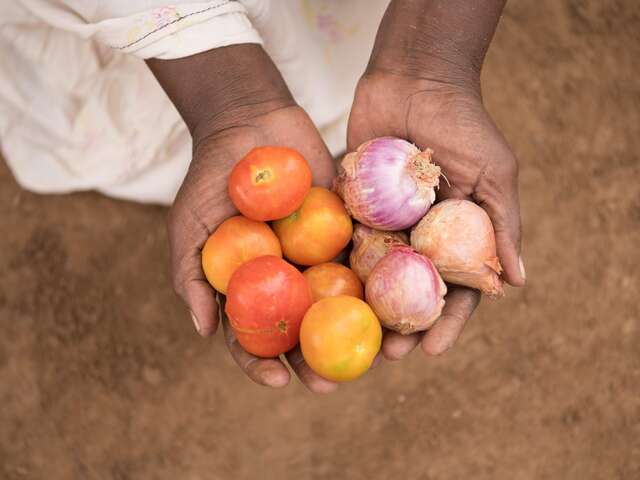
Nurad
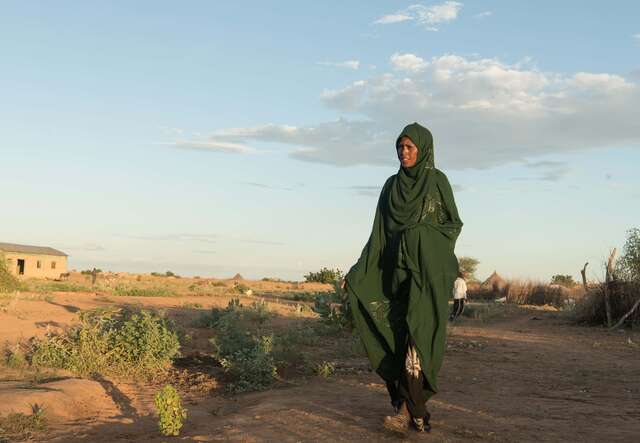
As a farmer, Nurad saw the direct impacts of the prolonged and severe drought on her farm in Kulan Challe Village. She had struggled to grow crops due to the drought, which left the ground hardened and baked. When heavy rains finally came, the soil in her region was too dry to absorb the precipitation, causing a flash flood that submerged the land around her.
As the waters rose and her home became flooded, Nurad remembers screaming in fear while trying to protect her nine children. Her husband was unable to help much with the children due to his fragile condition.
“We screamed, and I held the children's hands. I did not think of carrying anything else with me. I just wanted to escape with the children,” she recalls. “We were transported over the water. Where we lived, the flood took over. I didn't even think I would live.”
For families in the region, the flooding washed away what little crops and livestock they had, leaving them in desperate conditions. Like many others, Nurad, her husband, and their children became displaced as they searched for emergency shelter and food.
At Dirrey camp for internally displaced people, the IRC has provided Nurad with cash assistance, which she is using to buy food for her family. Cash assistance is empowering for crisis-affected individuals because it allows them to decide for themselves what they need the most, increasing the effectiveness of a humanitarian response.
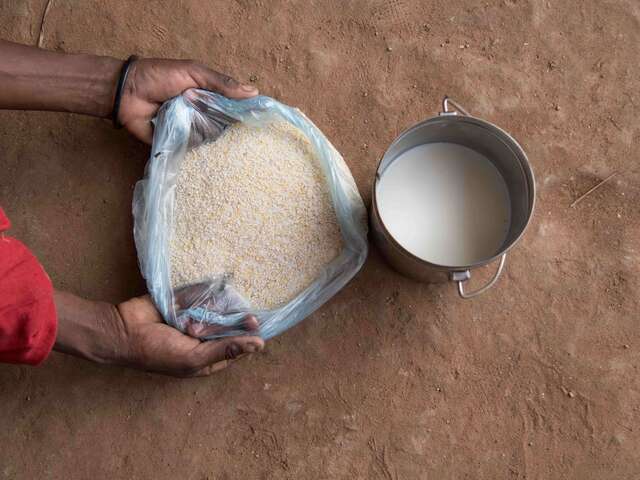
“This money is to get out of the state of hunger and to [get] nutrition for the kids,” she says. “A human needs something to eat. If you don't eat, can you live?” To ensure her children get the nutrients they need, Nurad plans to buy food items like milk, maize, and beans.
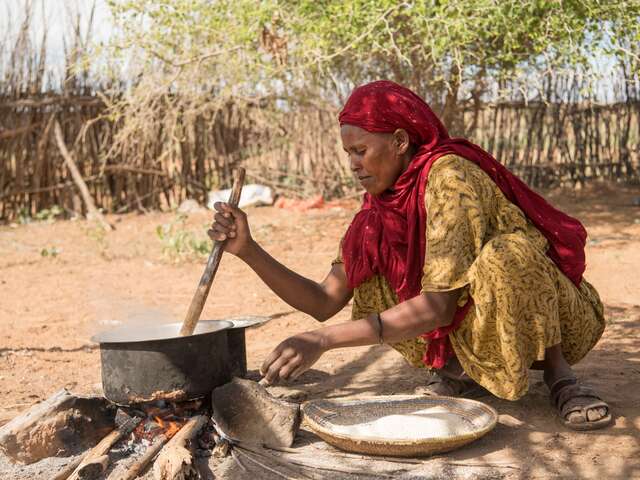
As she reflects on the future, Nurad’s hope is to begin farming again, so that she can feed her family and regain control of her life. She also wishes for her children to go to school, become educated, and ultimately, live a life where their needs are met.
The International Rescue Committee partners with the European Union to provide life-saving support to people caught in conflict and disasters around the world. Our work funded by the EU enables people to survive, recover and rebuild their lives.

